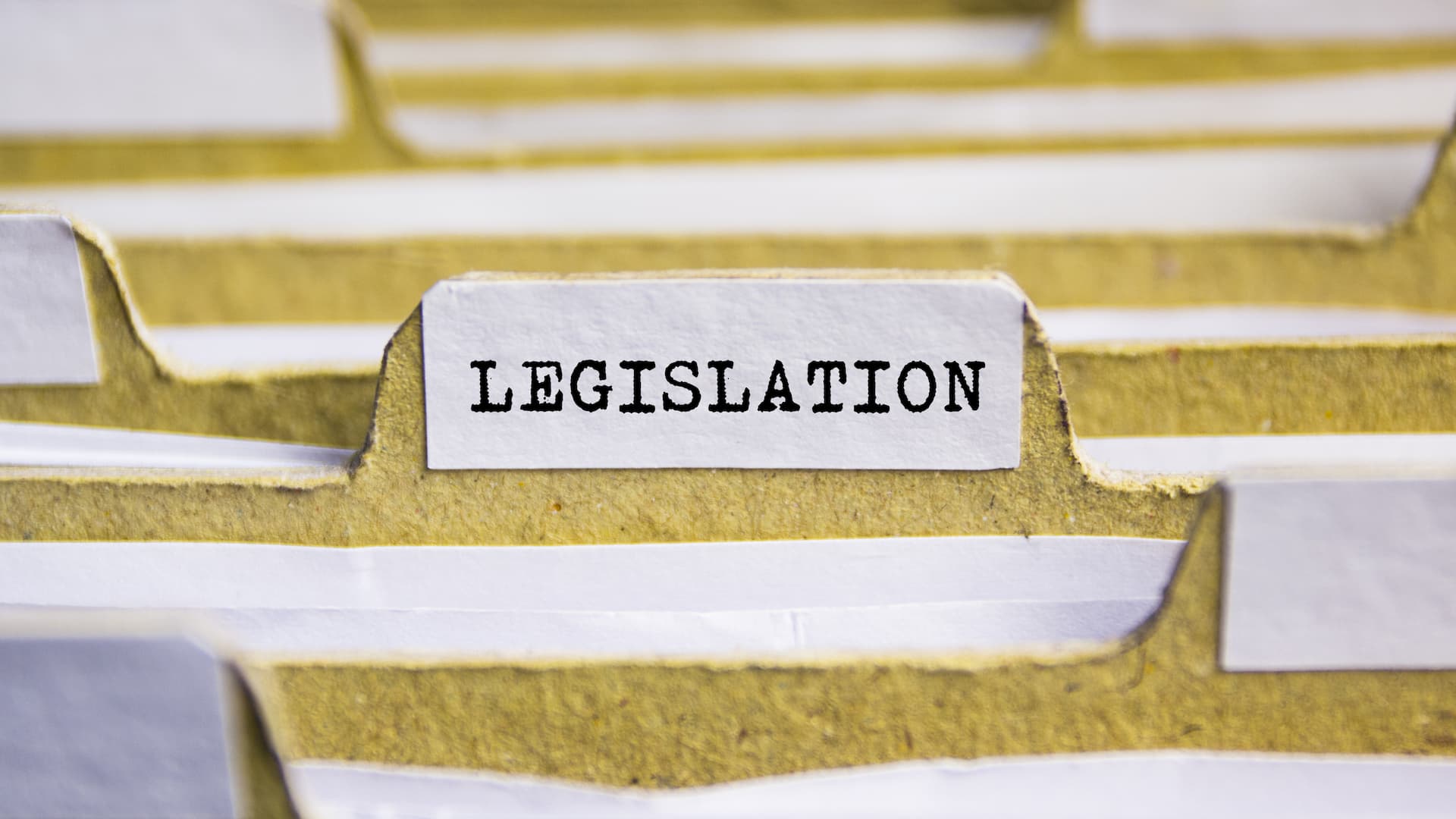


Section 8: What does it mean for Guarantors?
It’s easy to feel confused when it comes to the different legislations surrounding property and tenancies. Especially when you are acting as a Guarantor and suddenly a Section 8 notice is being issued to the tenant you are guaranteeing it can be a scary panic-stricken time.
What is a Section 8 Notice?
So, first things first are to establish what a Section 8 notice actually is. According to Wikipedia a Section 8 notice to quit put in simple terms is a requirement of the Landlord of an assured tenancy if they wish to obtain possession of the property back from the tenants. Thereby ending the tenancy for a reason based on a circumstance entitling the Landlord to possession. It is used in both England and Wales.
There are many reasons why a Landlord could serve a Section 8 notice but according to Citizen’s Advice the main three are: the tenant has rent arrears; the tenant has done damage to the Landlords property or the tenants are causing nuisance to their neighbours.
A Section 8 notice will normally allow the tenants at least 14 days to leave the property, unless they choose to challenge their eviction. However, if this is the case it could then lead to the Landlord needing to go to court to make the tenants leave.
What Does This Mean for Guarantors?
As a Guarantor for a tenant chances are you will have a heads up as to when a Landlord is going to issue a Section 8 notice, especially if it is due to rent arrears. This is because legally as stated online in the case of rent arrears, the notice can only be used when a tenant is in rent arrears for at least two months or more (or eight weeks for a weekly tenancy).
Therefore, it is likely you, the Guarantor, would have been contacted to help pay for the rent when the tenant missed the first payment and, shouldn’t be completely shocked when the tenant contacts you advising they are being evicted.
However, if the Section 8 has been issued for the tenant for being a nuisance to the neighbours or causing damage to the property the issue may be more out of the blue. Nonetheless, do not panic. The first thing you should do is find your Guarantor agreement which was signed at the beginning of the tenancy and clarify your responsibilities. Usually Guarantors will be responsible for any rent arrears, but it will be needed to double check whether this financial responsibility stretches over damage to the property.
Overall, legislation can always come across as a scary thing. Especially something like a Section 8 which means a Landlord is now evicting their tenant. However, as a Guarantor dependent on the agreement you have signed this may not be the end of the world. As long as you check your contract and encourage the tenant to make sensible choices and try and come to an arrangement with the Landlord regarding their eviction and arrears you should be able to come out of the situation with minimal damage.
Disclaimer: Rent Guarantor is not qualified to give legal or financial advice. Any information shared in the above blog is an opinion based on personal experiences within the property rental sector, and should never be construed as legal or professional advice.



